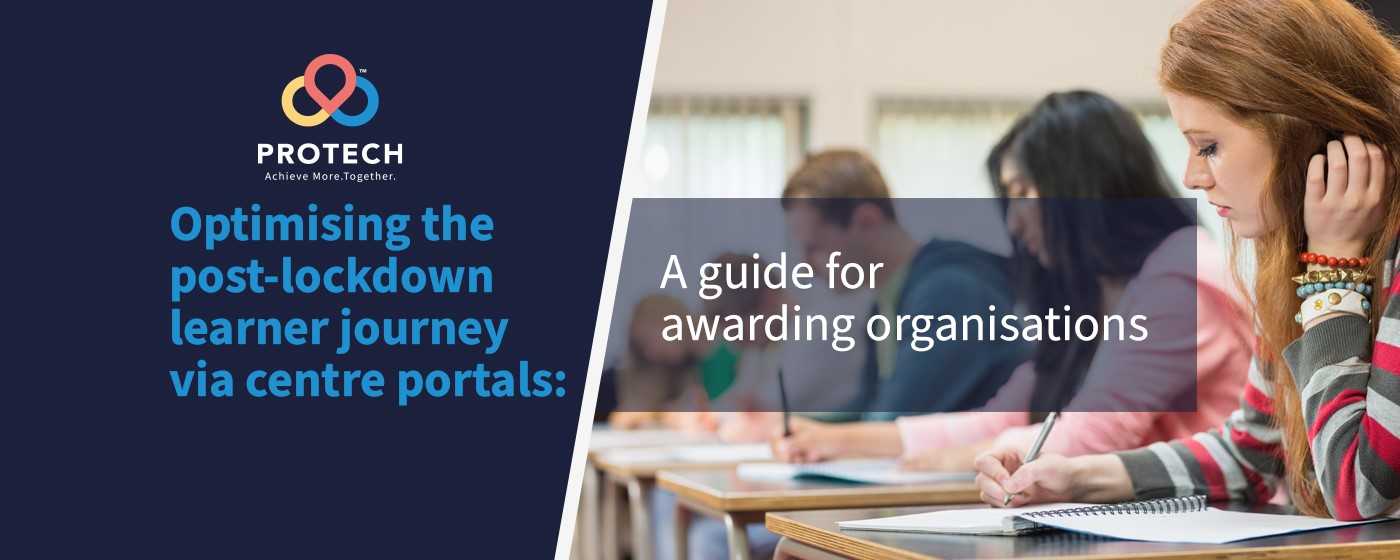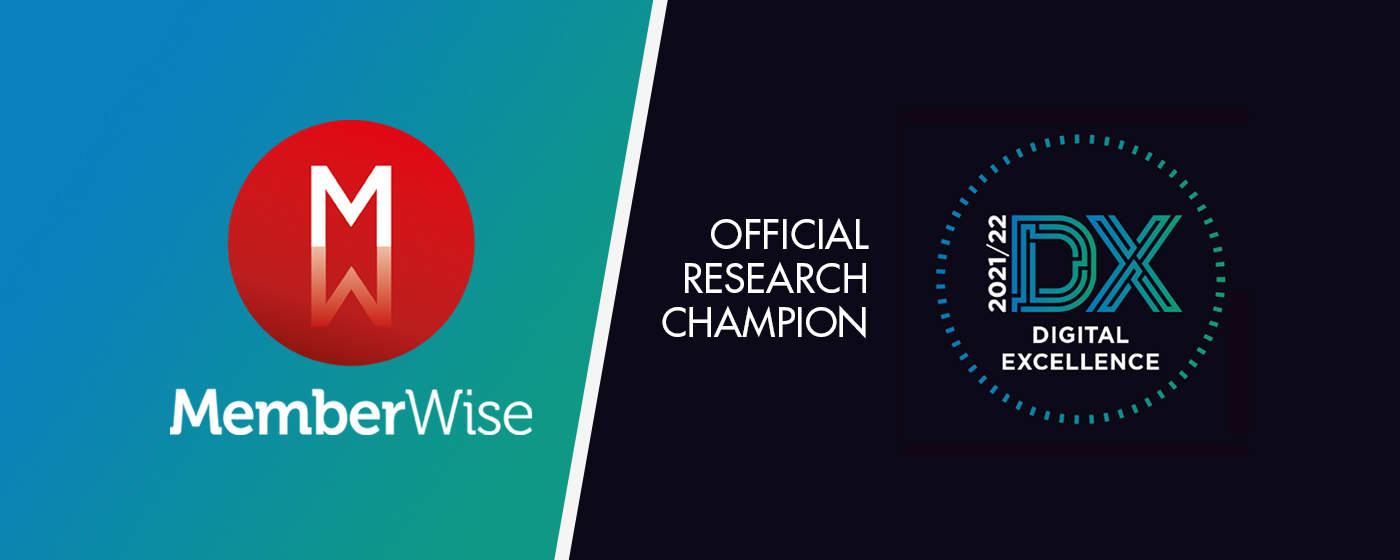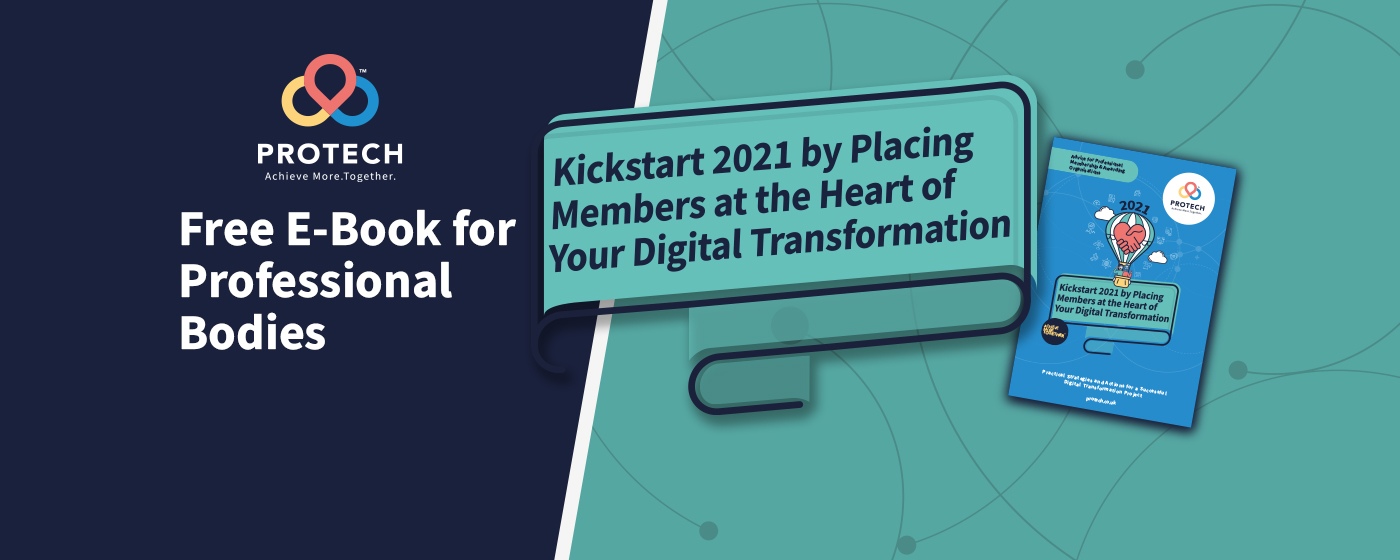When Protech is approached by organisations, it tends to be because they have decided to embark upon a digital transformation. These clients are keen to modernise their services and differentiate themselves from competitors. In our experience, they usually appreciate the necessary technical investment for this process. However, they often underestimate the cultural change that is also required to ensure success.
We call this change “organisational transformation” and its objective is to modify internal work processes to produce improvements in performance. Often this is considered an outcome of the technology, a by-product that is forced by the implementation of new software and equipment. In fact, the best results can often only be achieved if organisational transformation is prioritised and tackled first.
Asking the right questions
Transforming your organisational processes requires you to truly understand which parts of your service really matter to members. Being able to drill-down and focus the most effort where it will do the most good is crucial. Maximising revenue requires us to simultaneously deliver optimal value while minimising the amount of non-critical or “waste” work. An accurate, comprehensive and up to date knowledge of member value is therefore essential.
To acquire this, organisations need to ask themselves a few tough questions:
- Have we contacted, surveyed or met with customer to find out their honest opinion?
- Do we know which individual parts of their offering are truly valued by customers and which are not?
- When did we last undertake this essential fact-finding work?
When good customer service hides the problem
A further complication that ironically affects highly responsive organisations, is that good customer service can sometimes mask any lack of understanding about what customers need and value. For example, if an organisation resolves a customer issue in a timely and professional manner, the customer will be satisfied, and internal objectives will be met. But it’s unlikely that the customer will be truly delighted.
The more important questions to address would be:
- Was the issue related to something the customer truly values?
- Could the negative interaction have been averted in the first place?
Without answering these, the organisation loses crucial insight about which technology could be deployed to permanently fix issues.
What this means is that listening to members, openly and regularly, must be the starting point for any organisational transformation. Being able to define exactly what really matters to them has a huge impact on the time and investment needed to serve them, and on the quality of their customer experience. Optimising these elements can in-turn generate additional capacity within an organisation that can be refocused on change and transformation.
What really matters to professional bodies?
At Protech, we have undertaken several studies within our customer base to analyse this question. And while each organisation is different, it is often possible to observe the emergence of some common themes. Understanding the implication of responses allows the development of a business case that places member value at the centre of any future transformation.
Our most recent independent survey of professional bodies was in 2020. In it, we posed two questions to a group of NFP organisations.
Question 1: The first question sought to identify the key driver of member value. We asked: what is the primary reason that members gave for joining your organisation?
The results showed that 48% of members had signed up primarily to develop their own career.
Question 2: With this in mind, we asked about the organisations’ success in responding to this need: have your previous digital transformations helped you to offer a best-in-class CPD service?
The answer was surprising and 80% of organisations reported that previous transformations had not successfully delivered this result.
Modifying the approach to deliver real results
Clearly, there is a disconnect in these two responses. Organisations know broadly in what direction to move but their efforts are not delivering results. In our experience, the reason for this is often that while the digital transformation may have delivered improved technology, the organisational processes have not been tackled with the same focus and rigour. From these responses we can infer that the services and experiences organisations offer are either not meeting their members’ expectations or not truly addressing their needs.
A different approach is required to avoid this situation. We analyse this in more depth in our free eBook “Kickstart2021 by placing members at the heart of your digital transformation”. Our expert demonstration service can walk you through our approach in even more detail.
Following the steps in this guide while keeping the needs of your members at the very heart of your planning maximises any organisation’s opportunity for success.







